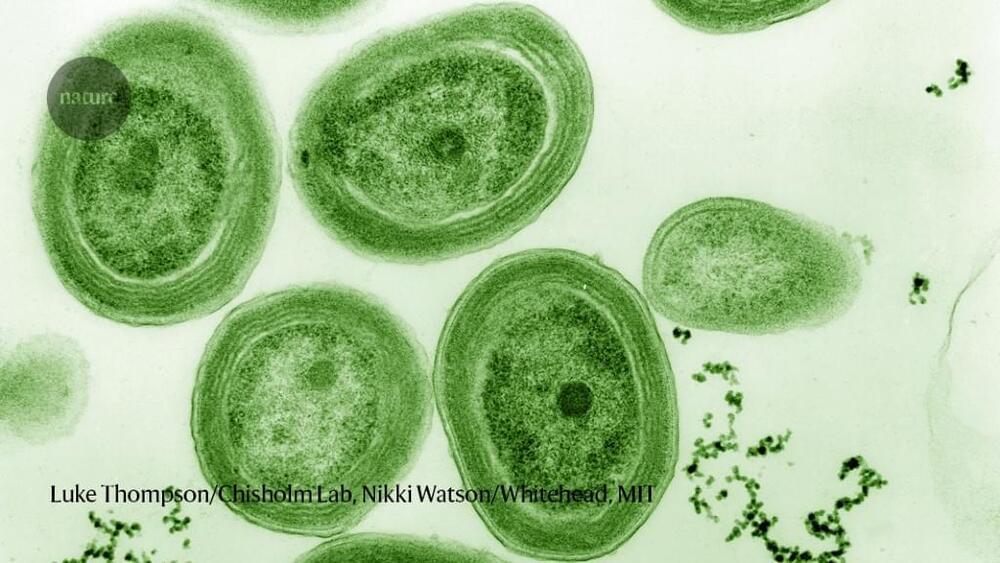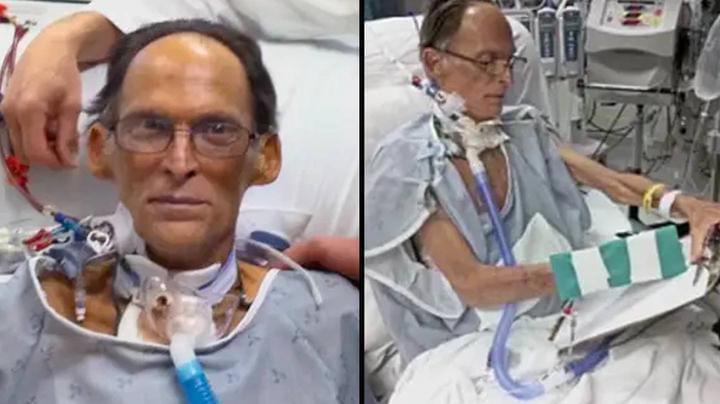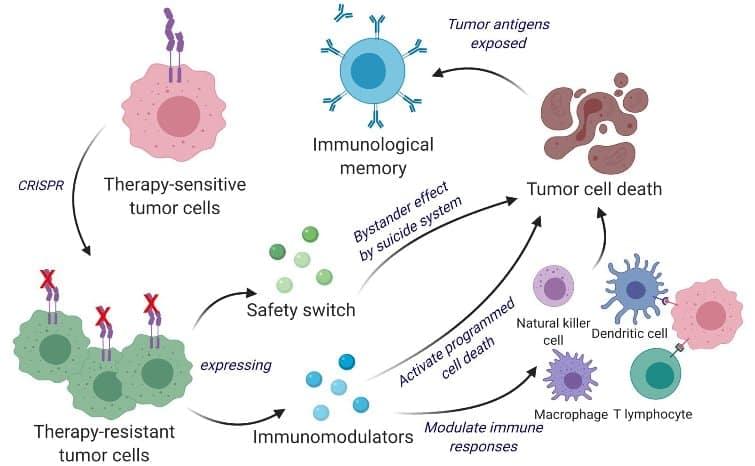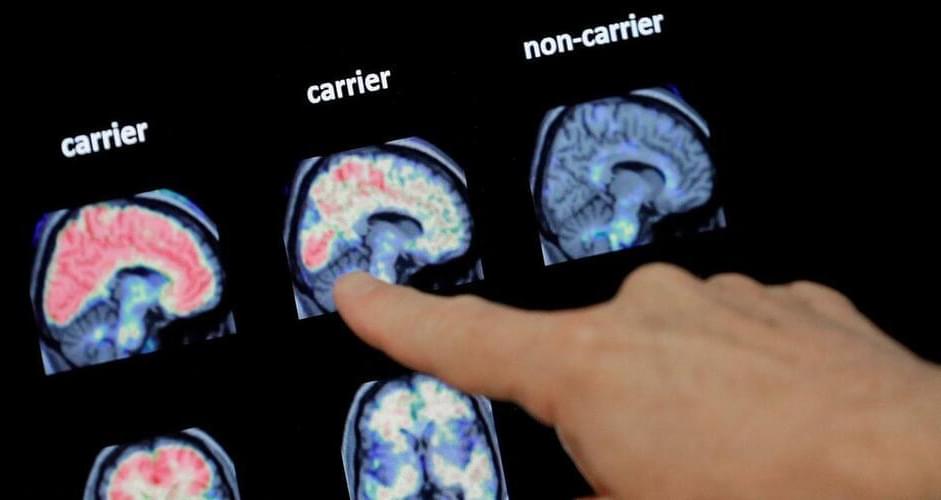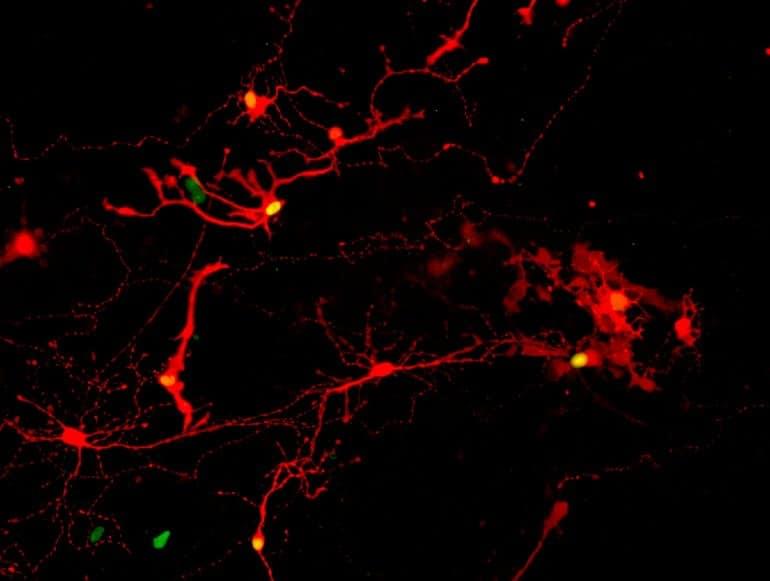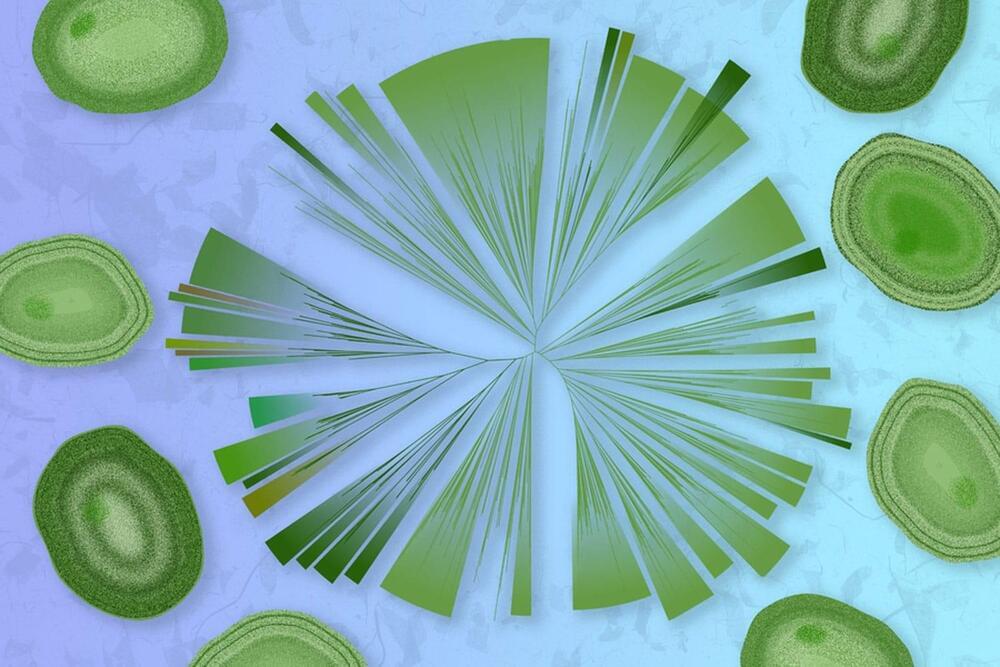January is National Glaucoma Awareness Month, which makes this a good time to learn more about treating this group of eye conditions.
About 3 million people in the U.S. have glaucoma, and it’s the second-leading cause of blindness worldwide, according to the Centers for Disease Control and Prevention.
Glaucoma is a group of eye conditions that damage the optic nerve, often due to abnormally high pressure in your eye. Elevated eye pressure is due to a buildup of the fluid that flows throughout the inside of your eye. When this fluid is overproduced or the drainage system doesn’t work properly, the fluid can’t flow out at its normal rate and eye pressure increases.

